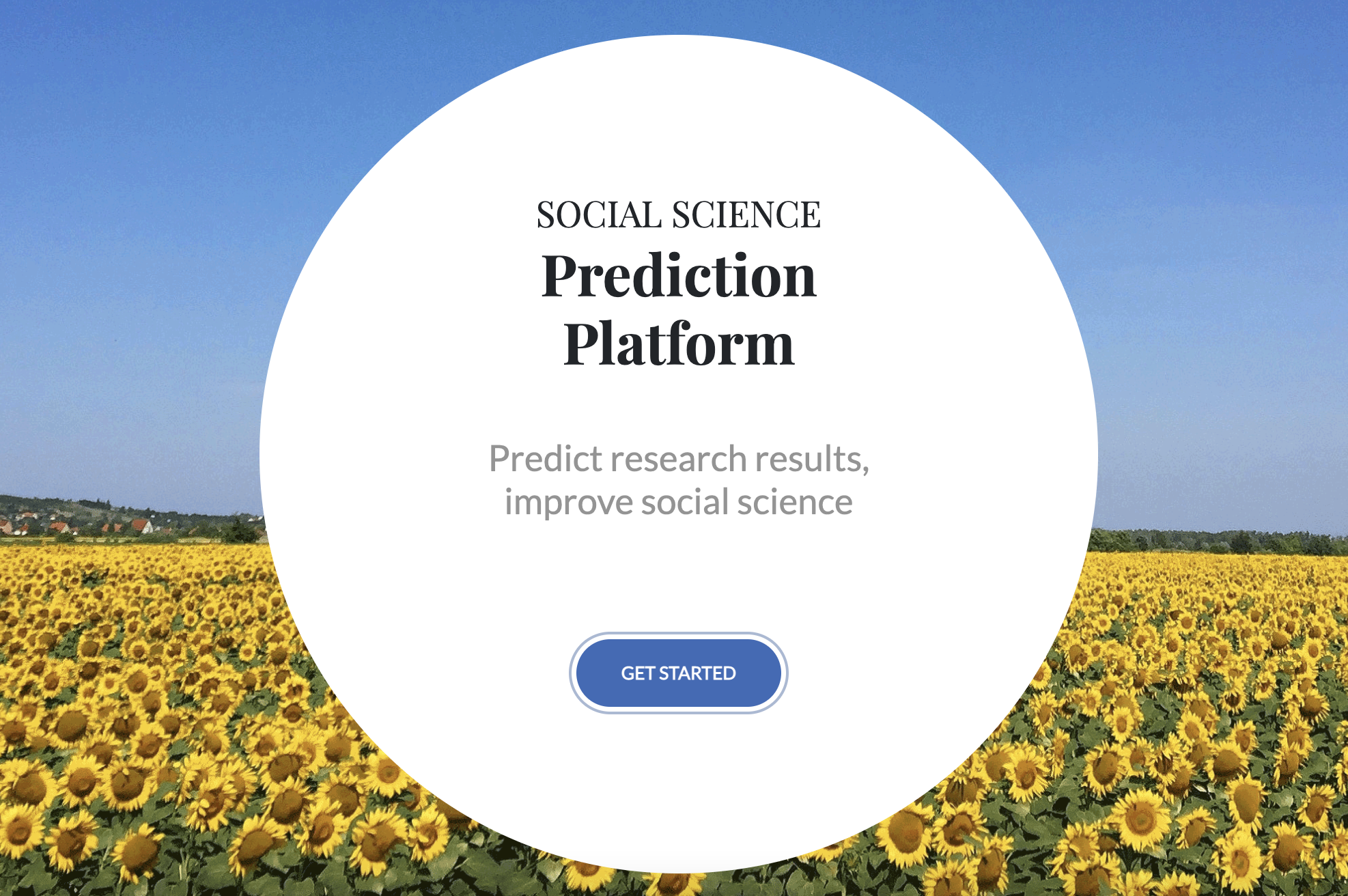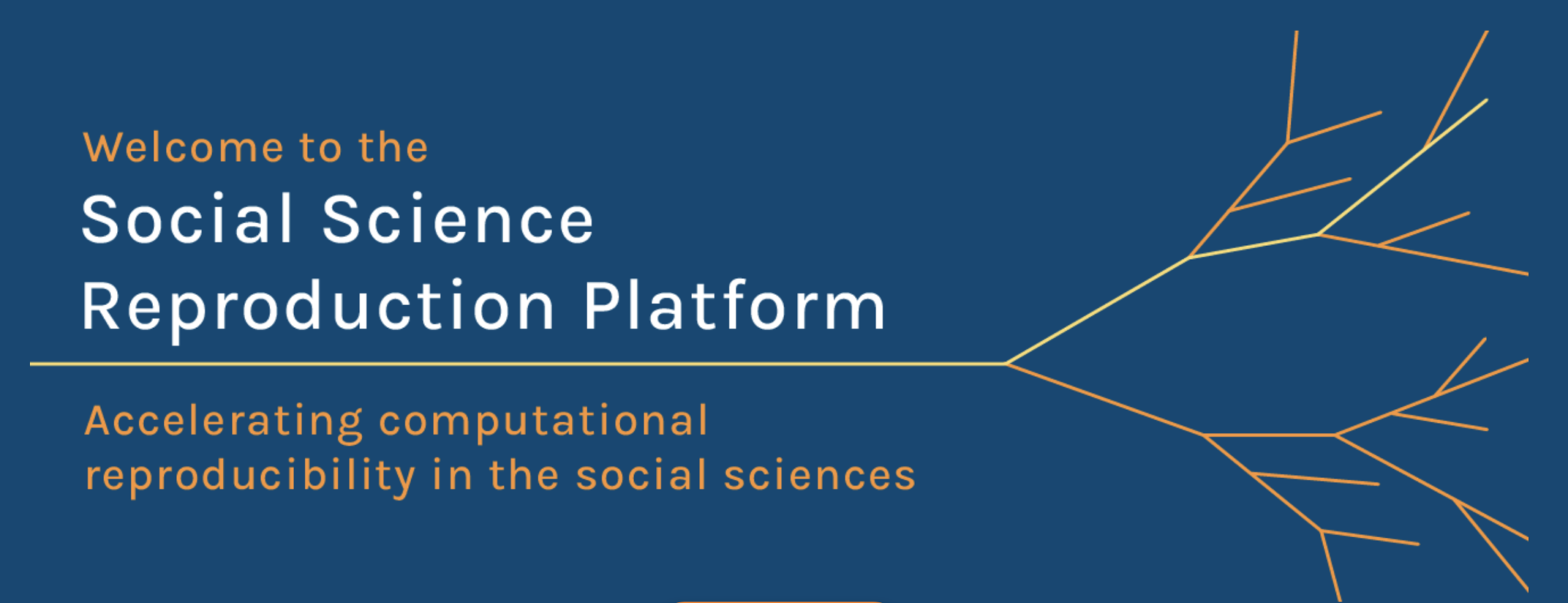
Motivation
Growing demand for rigorous evidence on policy impacts and costs has driven increased investment in data-intensive social science research. Yet the incentives, norms, and institutions that govern the way research is practiced do not always promote openness, integrity, or relevance, resulting in an evidence base that is incomplete at best, and misleading at worst. CEGA’s flagship transparency and reproducibility initiative, the Berkeley Initiative for Transparency in the Social Sciences (BITSS), advances practices, tools, and policies to strengthen the integrity of research, while carefully studying how researchers and policymakers respond to and value transparency and reproducibility. Similarly, through our Open Policy Analysis (OPA) work and Cost Transparency Initiative (CTI), we are developing new standards, tools, and “best practice” approaches to facilitate the reporting and delivery to policy makers of evidence that is more transparent, relevant, and rigorously produced. With higher quality evidence in hand, they can in turn spend less time assessing credibility and more time making informed decisions. We leverage these tools and approaches to train researchers and policymakers, build communities of practice, develop wide-reaching institutional policies, and build capacity to produce and utilize high quality evidence.
















